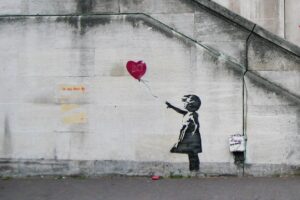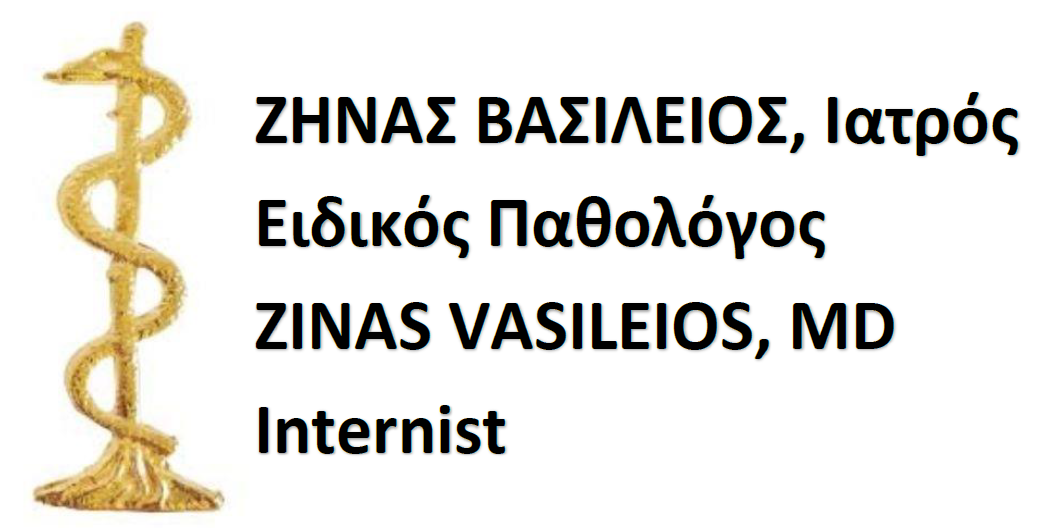VASILIOS ZINAS SOCIETY AND HOMEOPATHY

Society and Homeopathy: the role of Homeopathy
in the dipole “psychosomatic illness and social being”
By Vasilios Zinas, MD Internist (2nd edition).
It is obvious, even to non-specialists, that the social environment in which a person is born, lives and operates, plays a decisive role in his later psychosomatic health. Every human being is born with the luck (or misfortune) to find himself, without of course having chosen it himself, in a social reality (country – social class – family) that will play a decisive role in his further evolution on many levels, educational, financial, etc., even in that of his health. An infant who opens his eyes in a central African country has a completely different chance of survival in his early years, but also in later life there may be increased morbidity, mainly related to factors such as insufficient nutrition, poor sanitation and violence that usually oppress the countries of the so-called “third” or “developing” world. An infant who sees the first light of his life in a wealthy country of the “developed” world is less likely to face the specter of hunger, but even there he will face different conditions, depending on his social class and environment. It is quite different for his health and development, a child of color to grow up in Harlem or the Bronx neighborhoods, where “Third World” conditions with poverty and violence, are reproduced, than for him to grow up in Manhattan, where also there is morbidity but it is related with other factors of urban degeneration, such as the super-rich diet with supposedly “luxurious” but in fact unsuitable foods, the environmental contamination from chemical substances and electromagnetic radiation, but also the mental implications through an unrestrained social competition. Even the particular family in which a child will be found can stigmatize his later life and his health through various specific factors such as, probable psychosomatic problems of the parents or a divorce or a financial disaster, and so on.
Now, it is time to place another question. What effect can the patient himself have on social development? Can psychosomatic illness be a factor of suffering, apart from the individual, also at the collective level? Arguably the main cause of human suffering (beyond exogenous factors related to the natural environment) is the exploitation of man by man in all its forms. But what are the motivations that lead to this? We could divide these in two major categories: A. Objective problems of survival. These, as a rule, lead to isolated or small-scale social behaviors, such as theft, acts of violence, etc. (more rarely in social revolutions), which evolve under the pressure of the need for survival of individuals in a disadvantaged socio-economic situation. B. Motivations as a result of human mental disorders, as expressed through behaviors at the social class or leadership level. This second category, being more important inasmuch as it is responsible for the exploitation of people on a much larger social scale than the first, we will analyze it a little more. What is the motivation of the famous Mongolian warlord Attila to roam the Asian steppes and central Europe spreading destruction and havoc? Certainly, on a personal level, he did not face a problem of hunger and, in general, of survival. What was Hitler’s motivation to lead a campaign that bloodied the world? He certainly wasn’t hungry either. Clearly, then, there are complex behaviors and distorted instincts (such as the genital), which in essence constitute mental illness and lead to destructive behaviors in people who may have special abilities, but in essence they are sick and act this way not to survive, but under the influence of their illness.
Here, of course, it is clear that the above is an oversimplification and that complex socio-economic factors (regarding social class and other) can affect. But the ruling social class also consists of individuals, who hide behind the leaders and who often act in a certain way, also under the pressure of complex psychological syndromes, sometimes arriving at the level of mental illness. What motivation has a very rich person, who could live a thousand lives in abundance with the goods he already has and tries, by stepping on corpses, to become richer? Here, then, is seen the psychopathic behavior that often underlies a veiled fear of death (and an attempt to symbolically redeem immortality through wealth) or also underlies a twisted sexual instinct and the unsatisfied needs of a failed male or female. At this point we shouldn’t confuse the above with the healthy human need for creation and progress, which is something completely different, and where the most basic difference lies in the fact that healthy competition does not go, hand in hand, with the destruction of fellow human beings. Certainly, it clearly doesn’t mean also, that someone wealthy is necessarily mentally ill, but it’s a fact that in this social class (and especially at the highest levels) these disorders are found more often and that’s where the biggest social effects are created. Of course, the deranged leaders and tycoons do not operate alone but are unfortunately followed by large numbers of equally mentally disordered (but less capable) “ordinary” people who, envisioning a “grand future” offered to them, are ready to harm their fellow man. So, based on the above, it seems that man can not only “get sick” and suffer affected by the conditions in which he lives, but also the patient himself can become the cause of social suffering and, by extension, reproduce the conditions that destabilized him and they led him to the disease creating a “vicious circle”. Here perhaps lies, on a philosophical level, the meaning hidden in the act of “the original sin”, which in essence symbolizes the absolutely very first exploitation of man by man, with the destructive use of knowledge and ability (the apple from the “tree of knowledge”) in a vain attempt for superiority. All of this, leads to a “black legacy” of mental illness coming from abuse that, acquired through generations, reproduces itself, poisoning humanity for thousands of years.
Homeopathy, as it has proven in the long pathway of its offer for the human health, is one of the few medical methodologies that, apart from serious physical ailments, is able to touch and cure deep parts of the suffering human soul. We must emphasize that this effect arises in a gentle, non-violent way (unrelated to the suppression of “conventional” chemical drugs), activating the reserves of source internal powers of the human organism, with the ultimate goal of restoring its spontaneous homeostasis/balance in a psychosomatic totality, which in reality represents the state of health. Here we should remember the definition of health given by George Vithoulkas: “Health is freedom from pain in the material body so that it reaches a level of euphoria, freedom from passion on an emotional level that results in a dynamic state of peace and tranquility, freedom from egoism in the mental realm leading to a complete identification with the truth.” The ultimate goal of a meaningful therapeutic approach is to enable the human being, with a healthy body but (even more importantly) with clarity of spirit and purity of soul, to freely experience the basic values of life which are the relationship of love with fellow human beings and the joy of contact with the wonder of nature!
The previous analysis, with the limitations and simplifications of a short article, does not aim to highlight Homeopathy as the “center of the world”, in an arrogant and exaggerated way, charging it with the role of the “Messiah” for humanity, but to demonstrate its positive role in society to the extent that it can improve people’s psychosomatic health and thereby limit the “vicious cycle” of disease and abuse/exploitation, laying one foundation stone to build a better tomorrow!

Recent Comments